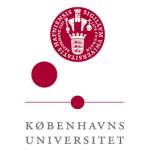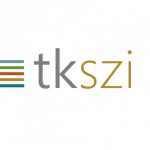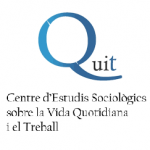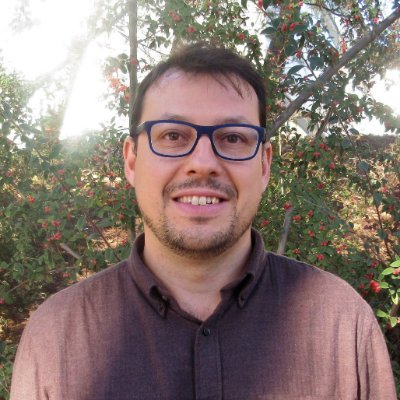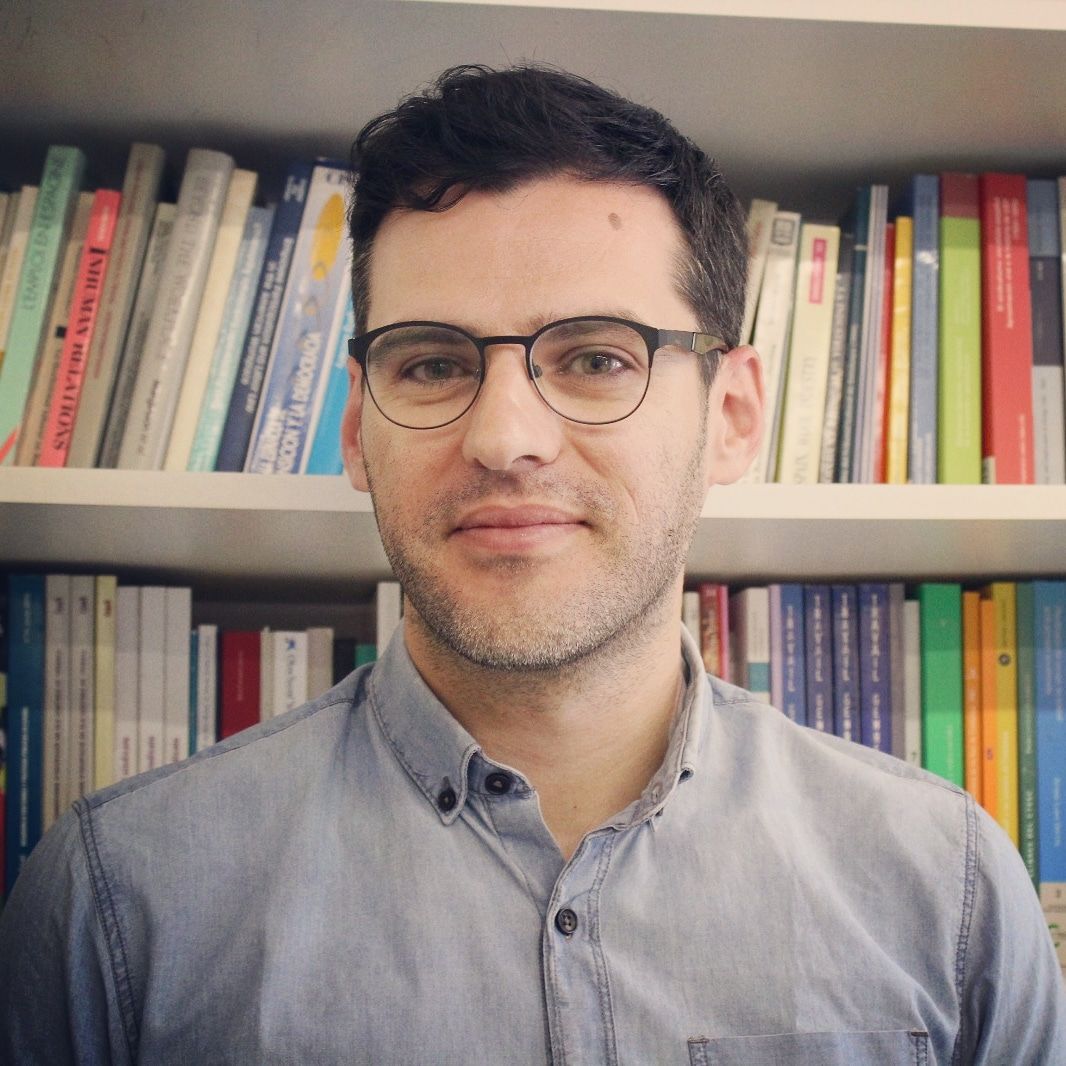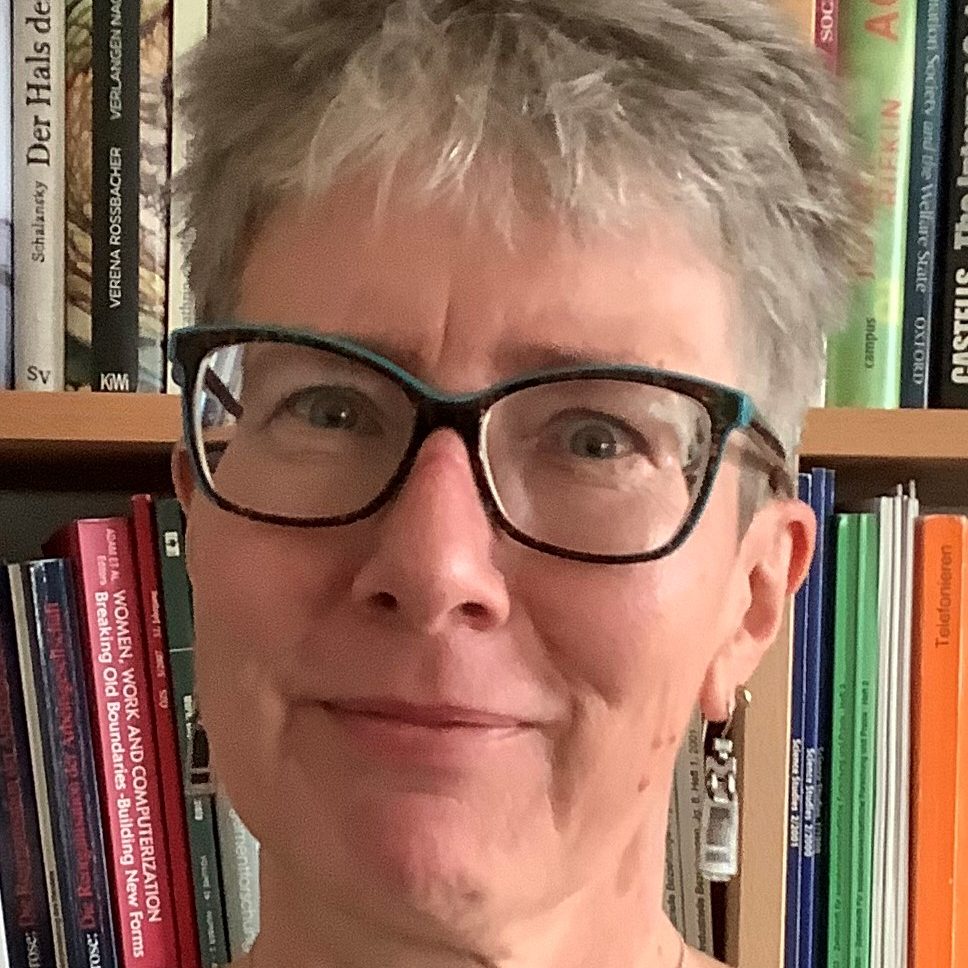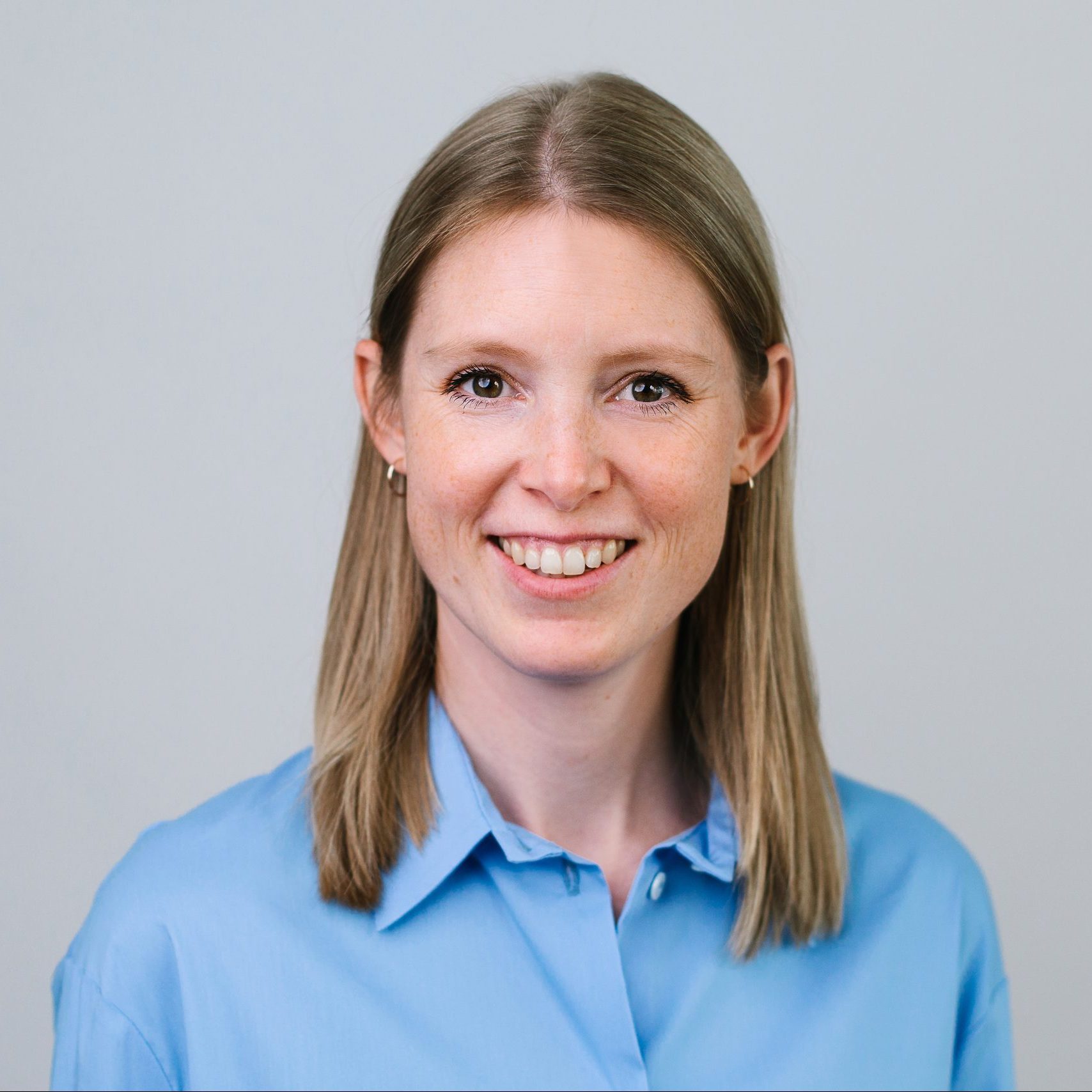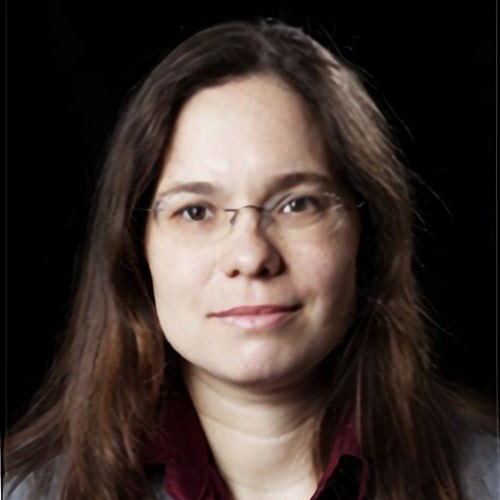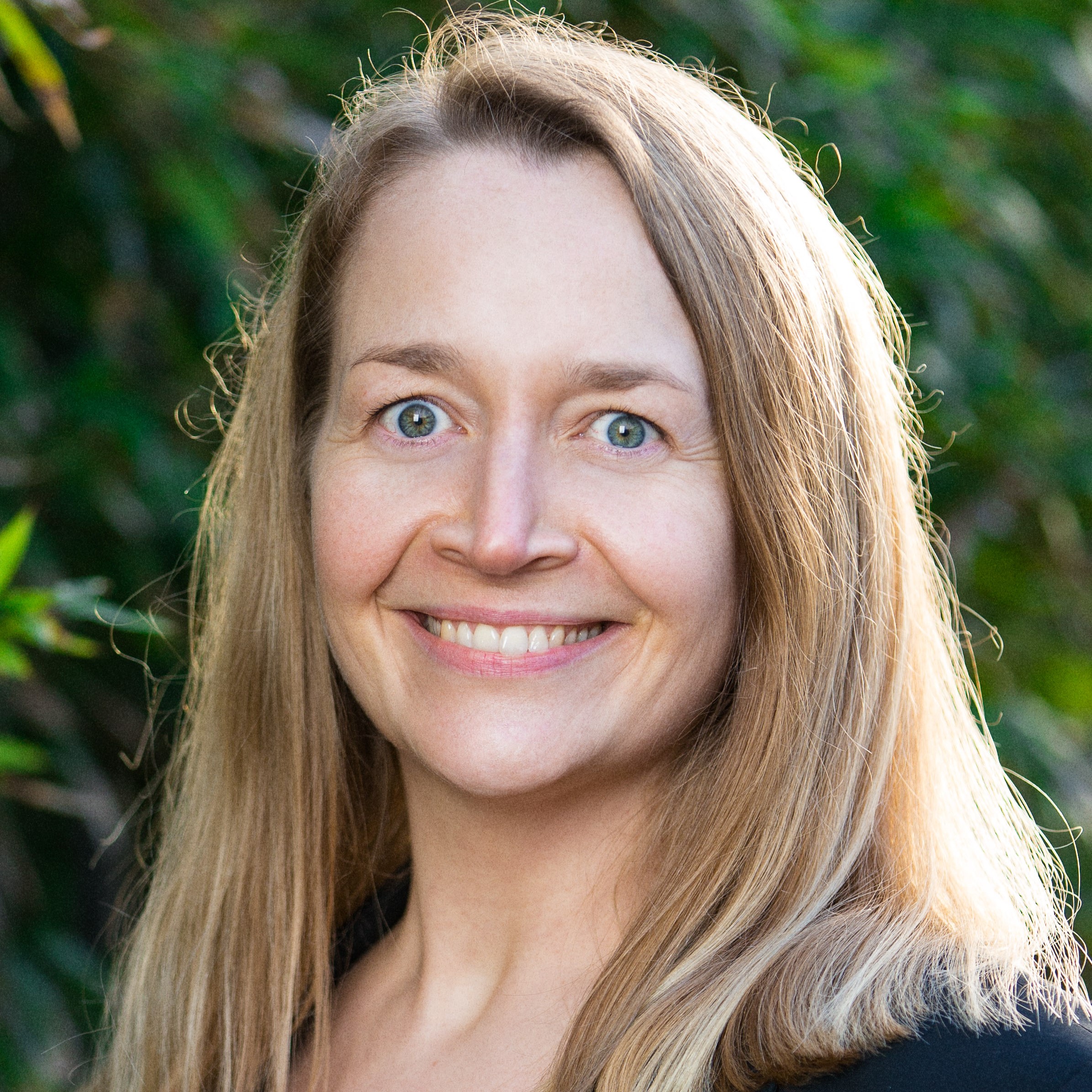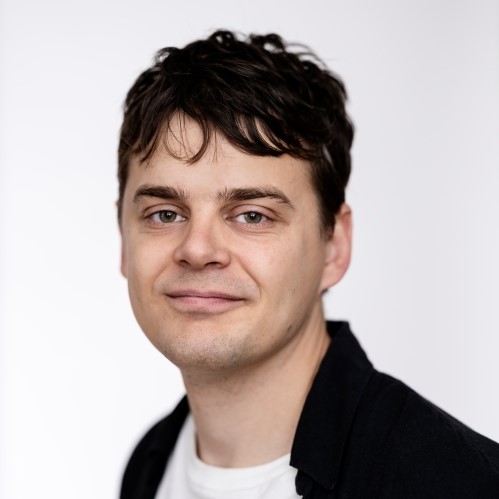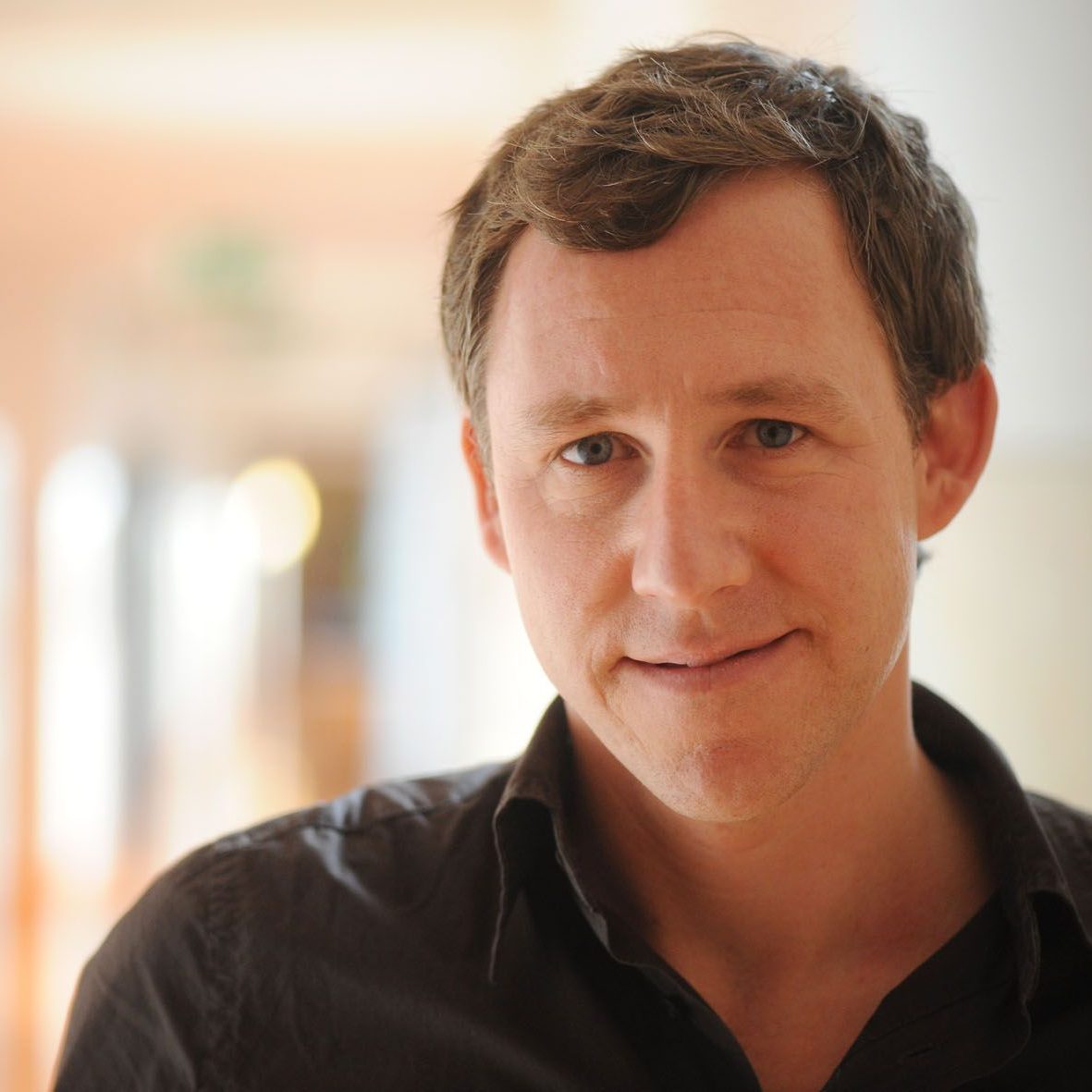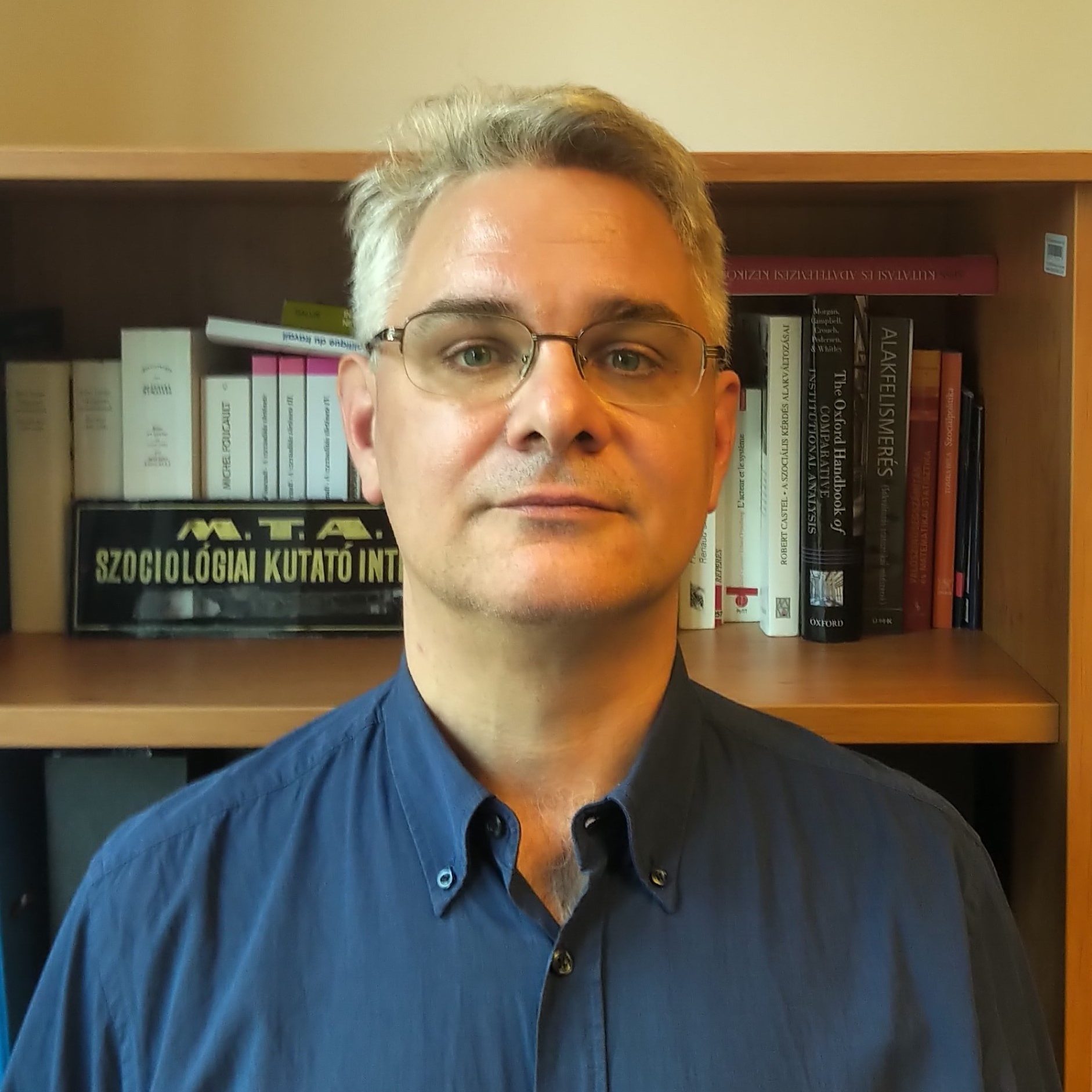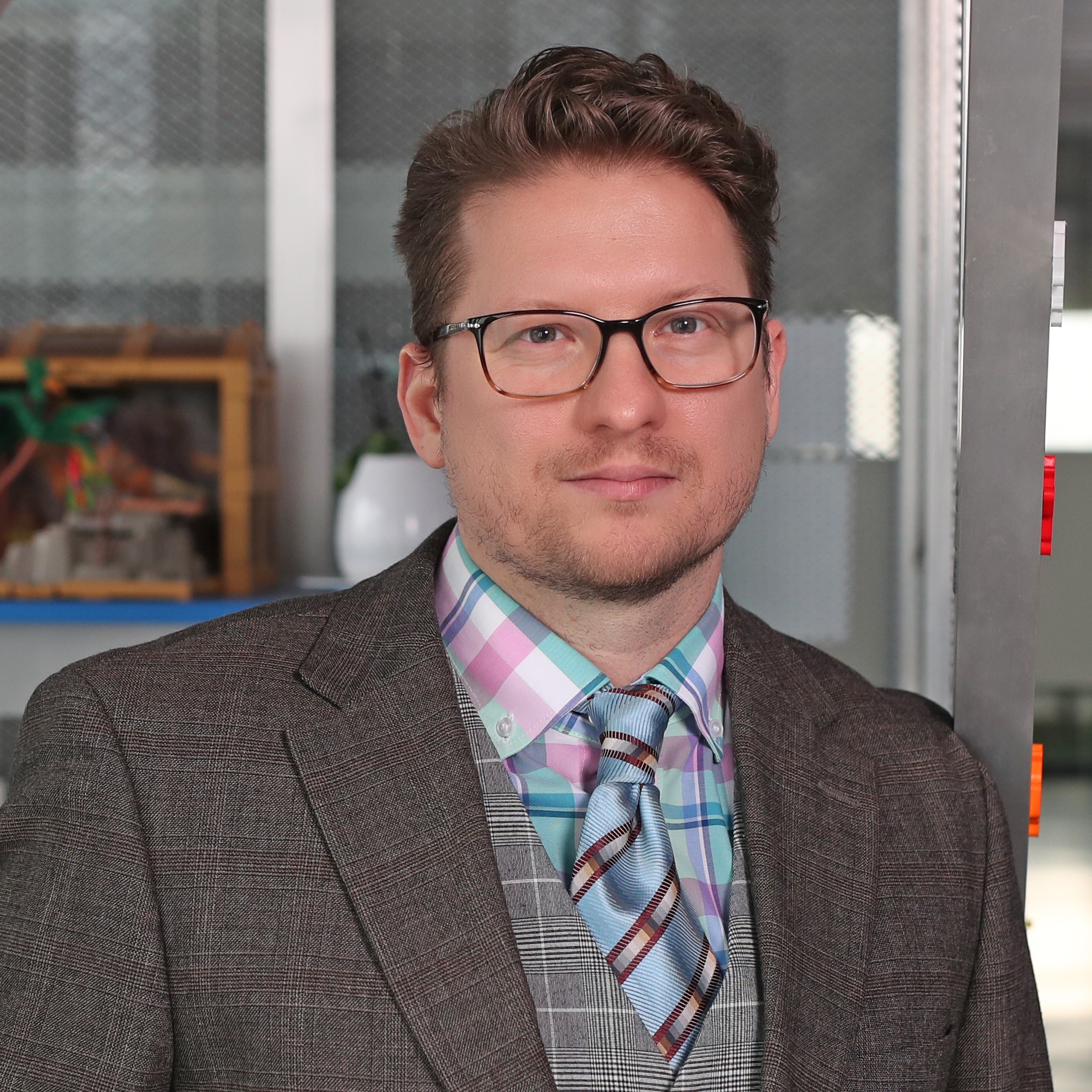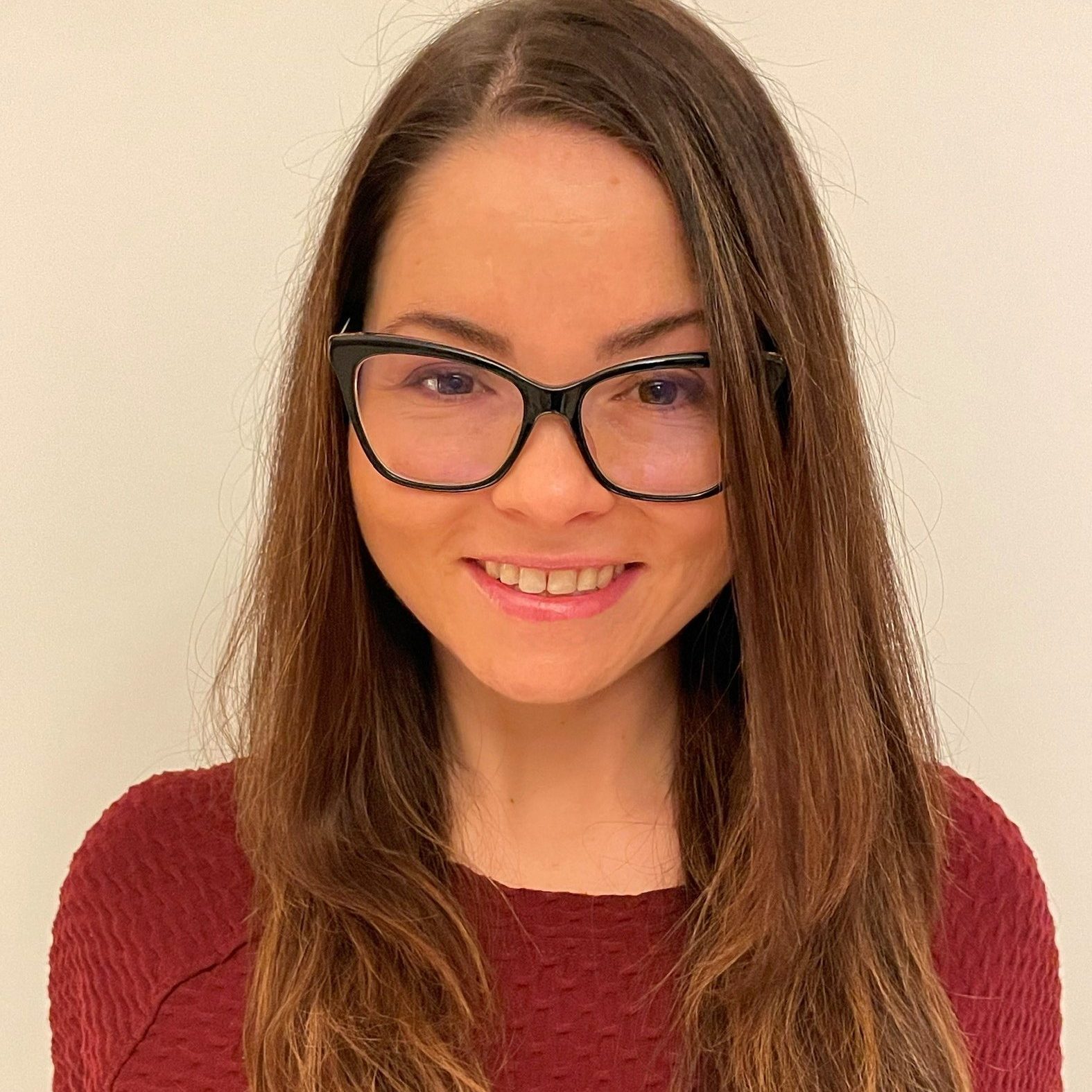An International Advisory Board (IAB) will be created in order to provide expert input into the project. More specifically, the members of the IAB will participate in some of the project meetings as external experts and will also provide expert input to some of the project documents and discuss them in the meetings.
Lina Dencik
Lina Dencik is Professor in Digital Communication and Society at Cardiff’s School of Journalism, Media and Culture and Co-Founder/Director of the Data Justice Lab. Her research concerns the interplay between media developments and social and political change, with a particular focus on resistance, governance and the politics of data.
Lina works across a number of projects and is Principal Investigator on the project DATAJUSTICE funded by a Starting Grant from the European Research Council (2018-2023). With the Data Justice Lab, she has also worked on two further projects, Data Scores as Governance funded by the Open Society Fondations and Data Policies funded by IDRC India (in collaboration with IT for Change), and is currently working on a two-year project Towards Democratic Auditing funded by the Open Society Foundations. Previously, she worked on the ESRC-funded project Digital Citizenship and Surveillance Society and the project Managing Threats: Social Media Uses for Policing Domestic Extremism and Disorder funded by the Media Democracy Fund, Ford Foundation and Open Society Foundations.
She has published five books including Media and Global Civil Society (Palgrave Macmillan, 2012), Worker Resistance and Media: Challenging Global Corporate Power in the 21st Century (co-authored with Peter Wilkin, Peter Lang, 2015), Critical Perspectives on Social Media and Protest: Between Emancipation and Control (co-edited with Oliver Leistert, Rowman & Littlefield International, 2015) and Digital Citizenship in a Datafied Society (co-authored with Arne Hintz and Karin Wahl-Jorgensen, Polity Press 2018). Her fifth book The Media Manifesto (with Natalie Fenton, Des Freedman and Justin Schlosberg) was published by Polity Press in 2020. She holds a PhD from Goldsmiths, University of London and has previously worked at the Central European University in Budapest where she is still a Fellow with the Center for Media, Data and Society (CMDS). Prior to that she worked as a television producer/director at Brook Lapping Productions in London.
Aida Ponce
Aida Ponce Del Castillo is a lawyer by training. She obtained her European Doctorate in Law, focusing on the regulatory issues of human genetics, from the Universities of Valencia and Bonn. She also holds a Master’s degree in Bioethics. Within ETUI’s Foresight Unit, her research focuses on strategic foresight and on the legal, ethical, social and regulatory issues of emerging technologies. She is a member of the Competent Authorities Sub-Group to regulate nanomaterials at the European Commission, as well as the OECD’s Working Party ‘Nanotechnologies’ and ‘-Bio, -Nano and Convergent Technologies’. Previously, she was the Head of the ETUI Health and Safety Unit, working on occupational health and safety policies in the EU. She also was the Coordinator of the Workers’ Interest Group at the Advisory Committee of Safety and Health to the European Commission.
Valerio De Stefano
Valerio De Stefano is the BOFZAP Research Professor of Labour Law at KU Leuven, Belgium, where he does research on non-standard employment, work in the «platform» (gig) economy, technology and fundamental labour rights.
Valerio obtained his PhD (2007-2011) at Bocconi, where, after his doctorate, he received a postdoctoral fellowship for four years (2011-2014). He was a post-doctoral member at Clare Hall College at the University of Cambridge (2013) and a visiting academic at the University College of London (2012) and, until 2014, he was an associate of Freshfields Bruckhaus Deringer LLP in Milan. From 2014 to 2017, Valerio worked as an officer of the International Labour Office (ILO) in Geneva. He is one of the Editorial Advisers of the International Labour Review and a member of the nternational Labour and Employment Relations Association (ILERA).


